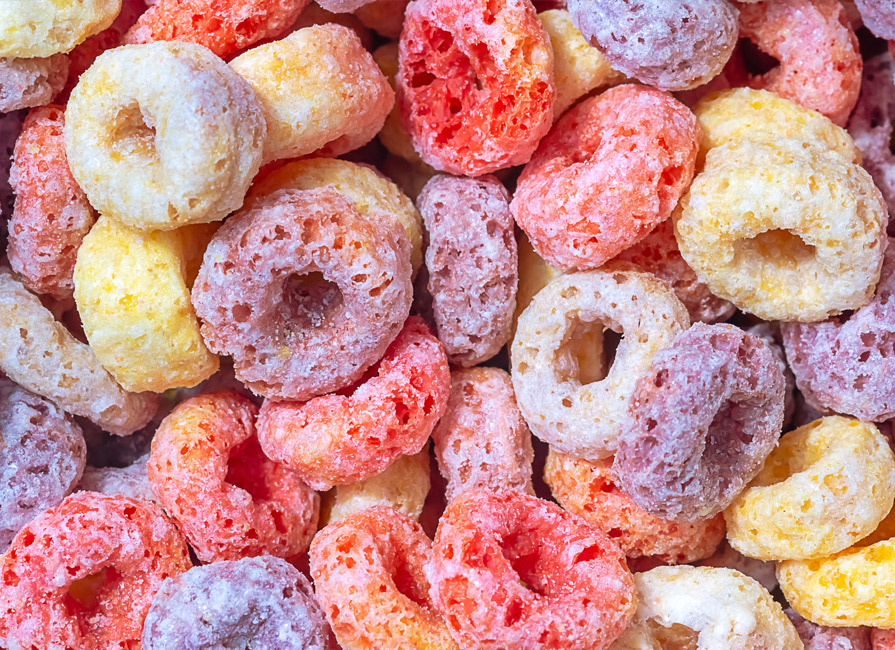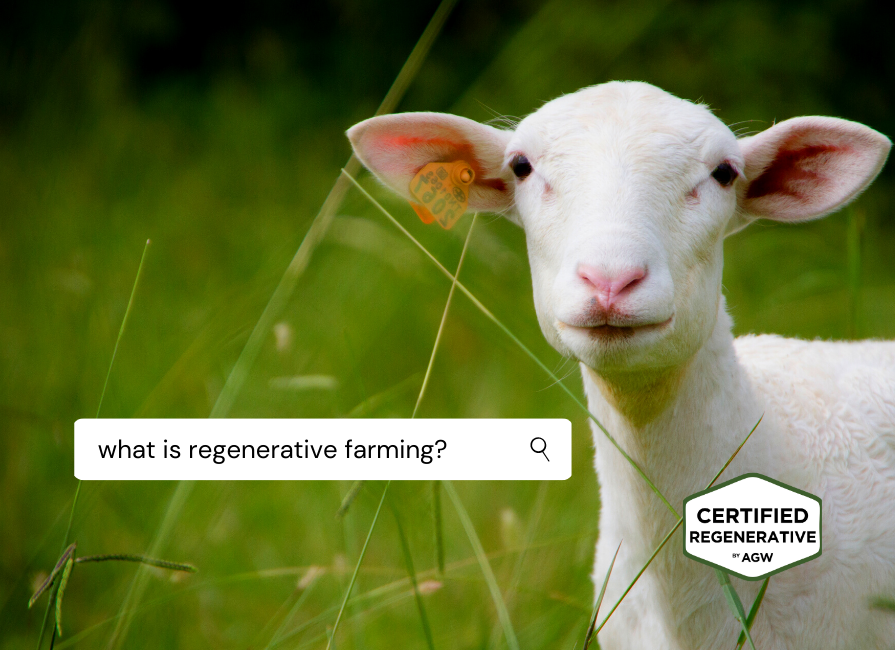Just What Are We Eating?
Eating is a tough subject these days. Choices abound. Marketing is manipulative. When it comes to buying food, advice is wildly conflicting. Feeling better does not necessarily result from the advice one reads and some suggestions can be unsustainable (keto…


